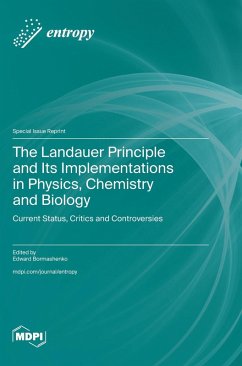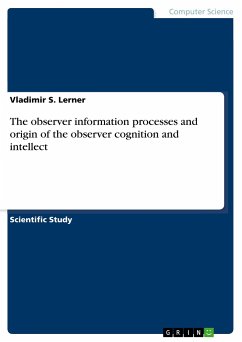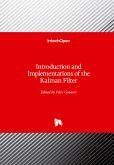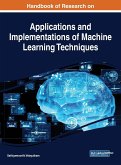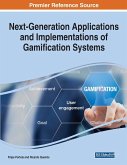The rapid development of computers has stimulated growing interest in the physical foundations of computation. This interest arises from both applicative and fundamental aspects of computation. In the most general terms, computation involves transforming inputs into outputs using a specific set of instructions. The necessary questions include the following: What are the physical limitations of computation? What are the minimal energy costs of computation, and what is the maximal possible velocity of computation? The Landauer principle, addressed in this Special Issue, is one of the limiting physical principles that constrain the behavior of computing systems. The Landauer principle restricts the minimal energy necessary for the erasure of one bit of information. Rolf Landauer adopted the notion that computation is a physical process; thus, it must obey the laws of physics, and first and foremost, the laws of thermodynamics. This thinking led to a new limiting physical principle, establishing minimal energy costs for the erasure of a single memory bit for a system operating at equilibrium temperature T. According to Landauer, this energy is E=kBTln2. This Special Issue discusses the Landauer principle in the context of other physical limiting principles, such as the Mandelstam-Tamm and Margolus-Levitin limiting principles. The Special Issue addresses a diversity of problems related to the meaning and applications of the Landauer principle. It discusses the interrelation between logical and thermodynamic irreversibility and precise links between energy and information.
Bitte wählen Sie Ihr Anliegen aus.
Rechnungen
Retourenschein anfordern
Bestellstatus
Storno

